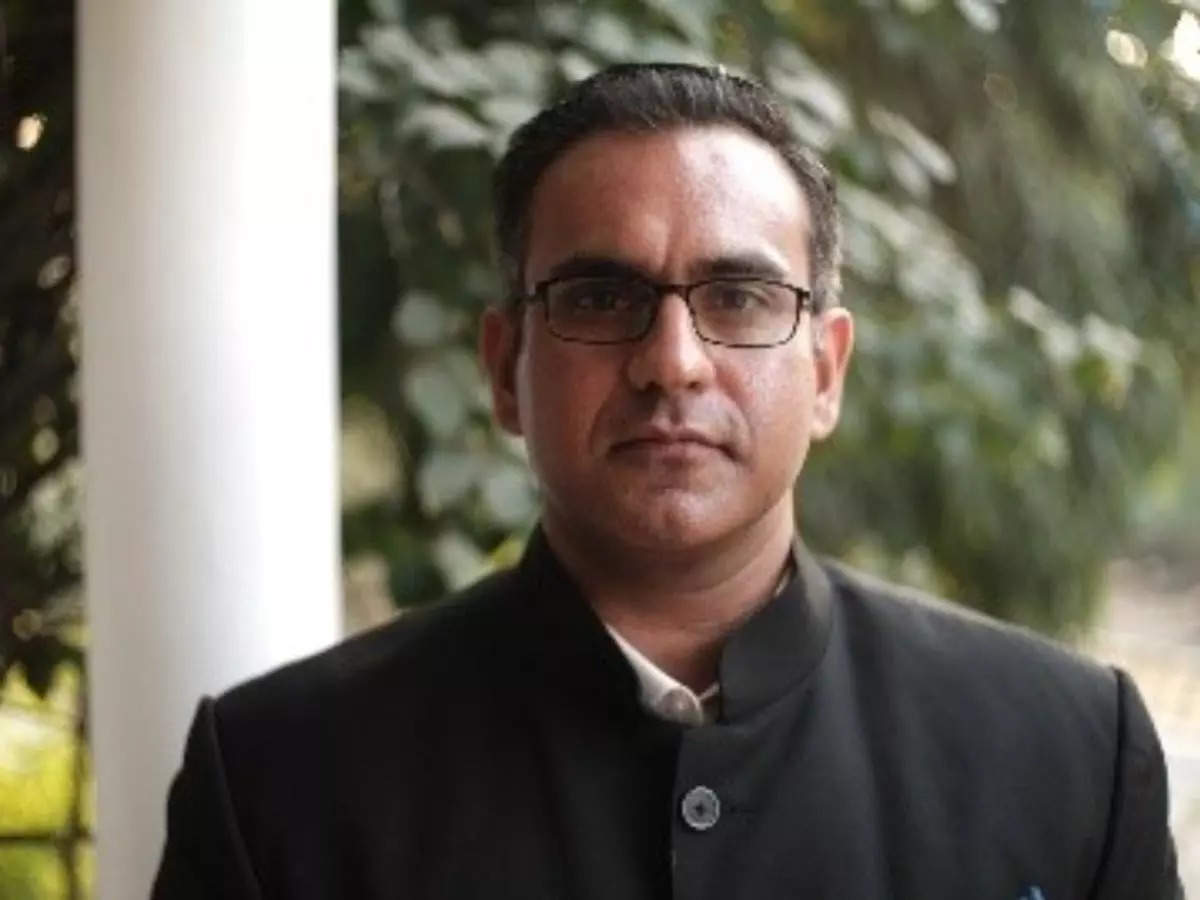When to start UPSC exam preparation?
The burning question for aspiring civil servants is when to embark on their UPSC preparation journey. According to Kapoor, the ideal starting point is typically during the final years of college when students are exploring career options and possess the vigor and risk-taking appetite required for this formidable challenge. However, Kapoor emphasizes that the right time to start UPSC preparation is when one can afford to take the risk and has a burning desire to achieve something significant, even if it means investing time, energy, and money into a singular goal with a low probability of success.
Creating an effective study plan
Kapoor lays out a powerful algorithm for creating an effective study plan. It begins with identifying your strongest and weakest subjects through self-assessment tests. Then, calculate the estimated time you have for each subject, keeping in mind the days remaining until the Prelims. By structuring your study schedule from weakest to strongest subjects and breaking down your syllabus into manageable units, you can set daily targets that are both challenging and achievable. Kapoor also stresses the importance of seeking feedback and mentorship throughout the journey.
Time management for UPSC preparation
Time management is a critical aspect of UPSC preparation. Kapoor has designed a 7-day email course called the “Time-Management Sutra” to help aspirants effectively manage their time. He highlights several key principles, including:
- Realistic expectations: Acknowledge your limitations and don’t overestimate your abilities.
- Energy management: Prioritize tasks during your periods of highest energy.
- Task-setting: Schedule only a few high-priority tasks each day that offer a challenge but are achievable.
- Critical activities: Prioritize mental and physical health, including adequate sleep and exercise.
- Deep focus: Train your ability to concentrate, and minimize distractions, especially the smartphone.
Kapoor also advises students to identify and eliminate time-consuming activities that don’t contribute to their goals, such as excessive social media use.
Recommended study materials and resources
For beginners, Kapoor recommends thoroughly studying all NCERT textbooks at least twice. He suggests newspapers like Indian Express or The Hindu for current affairs. While there is an abundance of online resources, Kapoor cautions against getting lost in the sea of options. To address this, he curates content for his free Mentorship Program, offering students daily tasks, assignments, and resources via email, providing a structured path to UPSC preparation.
Overcoming common challenges
The UPSC journey is rife with challenges, including the vast syllabus, multiple cognitive demands, uncertainty, and mental health issues. Kapoor advises aspirants to seek guidance from experienced mentors to simplify their study approach, develop essential skills, and broaden their horizons beyond the exam. He emphasizes protecting mental health with techniques like meditation, affirmations, and spending time with loved ones.
Mock tests and practice papers
Kapoor underscores the importance of mock tests and previous years’ question papers as tools to gauge your preparedness and receive crucial feedback. However, he urges aspirants not to be disheartened by low scores, as these tests provide valuable insights and mimic the exam experience.
Staying motivated
For those enduring the demanding and lengthy UPSC preparation journey, Kapoor offers motivational tips:
- Engage with curiosity to maintain interest in the diverse syllabus.
- Use visualization and affirmations to stay focused on your goal.
- Prioritize brain health through a healthy lifestyle.
- Adopt a stoic mindset to navigate challenges with equanimity.
Top three pieces of advice
In closing, Kapoor leaves aspiring UPSC candidates with three invaluable pieces of advice:
- Be selective in your sources of advice and content; don’t succumb to the fear of missing out.
- Establish accountability mechanisms to stay on track.
- Maintain realistic expectations and embrace the enriching journey that UPSC preparation offers.
Embarking on the UPSC journey is not for the faint-hearted, but with the right strategy, resilience, and determination, aspirants can rise to the challenge and make their mark in the world of civil service.


